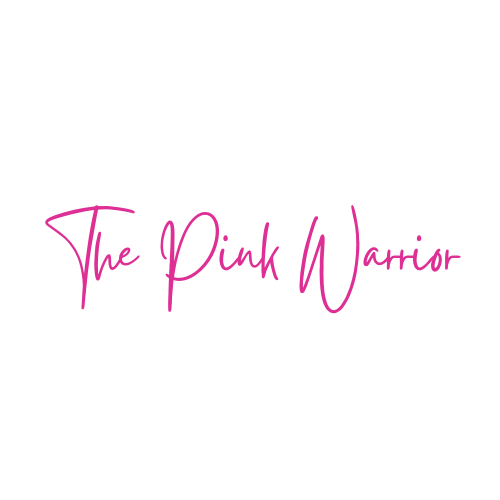Chemotherapy is often a cornerstone of breast cancer treatment, but it can be an intimidating process for patients and their caregivers. To help you better understand what's in store, here's a breakdown of what to expect during your chemotherapy journey, along with resources for further support.
Before Treatment Starts
Consultation with Oncologist
Your oncologist will outline the specific drugs you'll receive, the frequency of your treatments, and any potential side effects. You can prepare by reading through resources like Cancer.net which offers in-depth articles about various treatment options.
Pre-Chemo Blood Tests
Blood tests, like the complete blood count (CBC), are performed to ensure you're fit for chemotherapy. Websites such as Lab Tests Online can help you understand these tests.
During Treatment
Administration of Drugs
Chemotherapy drugs are usually administered intravenously, although some are available in pill form. Expect to spend several hours in the hospital or clinic for each session.
Side Effects
Common side effects include nausea, fatigue, and hair loss. Resources like Chemocare provide tips for managing side effects.
Emotional Support
Being mentally prepared is essential. Websites like CancerCare offer counseling services and emotional support resources.
Nutrition
Eating well during chemo is crucial but can be challenging due to nausea or changes in taste. For nutritional advice, visit American Institute for Cancer Research.
Monitoring
Expect regular check-ups, including blood tests and scans, to monitor how your body is responding to the treatment. For interpreting scan results, refer to RadiologyInfo.
Caregiver Support
Accompanying the Patient
If you are a caregiver, expect to spend time accompanying the patient for treatments. Resources like Cancer Support Community offer valuable advice for caregivers.
Handling Medications
Handling and disposing of chemotherapy medications require special care. The FDA provides guidelines on proper disposal of medical waste.
Emotional Well-being
Being a caregiver is emotionally taxing. Organizations like Family Caregiver Alliance offer resources for maintaining your emotional health.
After Treatment
Post-Chemo Recovery
The weeks following your last chemotherapy session can be filled with both relief and new challenges like 'chemo brain' or continued fatigue. Breastcancer.org offers insights into post-chemo life.
Ongoing Monitoring
Expect follow-up appointments and periodic scans even after the treatment ends. For maintaining a post-treatment health plan, Living Beyond Breast Cancer is an excellent resource.
Conclusion
Navigating chemotherapy for breast cancer is an intense journey that demands both physical and emotional resilience. Utilizing a range of resources can offer you and your caregiver the support needed to make this journey more manageable. With the right knowledge and preparation, you can make informed decisions and focus on healing and recovery.

